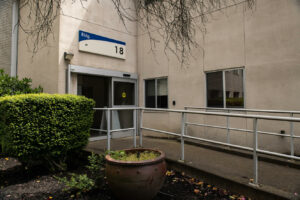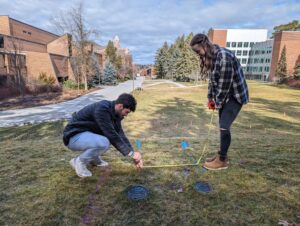A proposed bill would allow dogs and cats used by universities and nonprofit institutions a second chance at life.
Senate bill 5212 requires that any such facility that uses the animals for research must offer them to a rescue organization rather than euthanizing them.
Both the Washington State University and the University of Washington support the legislation, and they have programs in place to adopt out animals.
“We are currently only using client-owned animals,” said Charlie Powell, spokesman for WSU’s College of Veterinary Medicine. “However we do accept animals from the Humane Society to practice some small surgeries.”
Most schools across the country have already stopped requiring terminal surgeries, which resulted in the animals being euthanized after the surgery, Powell said.
“There was some initial resistance in some places because it was tradition,” said Powell. “But I think now every university in the country has done away with these surgeries.”
While WSU has always just given these animals back to the Humane Society after the surgery, some other schools around the country may euthanize the animals after practicing surgery or completing research on the animals.
“When it was necessary, it was always done with a lot of compassion,” said Nina Woodford, director of the Office of the Campus Veterinarian. “We took the process very seriously because we knew that this animal was taking part in our education. We had to treat it with the due respect that it deserved.”
The bill only applies to cats and dogs but could expand to other animals in the future. WSU has done research on other types of animals in the past such as fish, mice and rats, but the research done on them makes the adoption process much more difficult.
“Many of those animals are genetically modified or for other safety reasons they would not be suitable for adoption,” Woodford said. “But there is the potential that this could be expanded to other species as well.”
The Whitman County Humane Society provides training for people who adopt the animals, and also checks to see if the person is allowed to have animals at their home.
“It’s very important to us that the animals go to their forever homes so they aren’t going somewhere where they are just going to come back here,” said Ashley Phelps, director of shelter operations at the Whitman County Humane Society.
The animal must be vaccinated as well as be able to interact with people, Phelps said.
Veterinary students are beginning to learn on simulation technology like the Stage III program developed by WSU associate professor RD Keegan. The technology trains students and professionals on high-risk procedures in a simulation.















